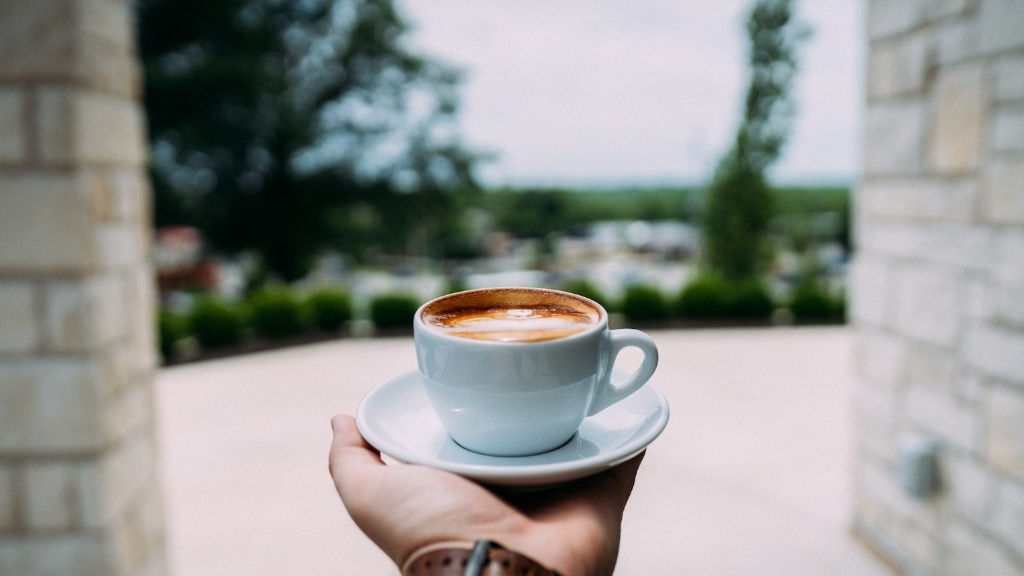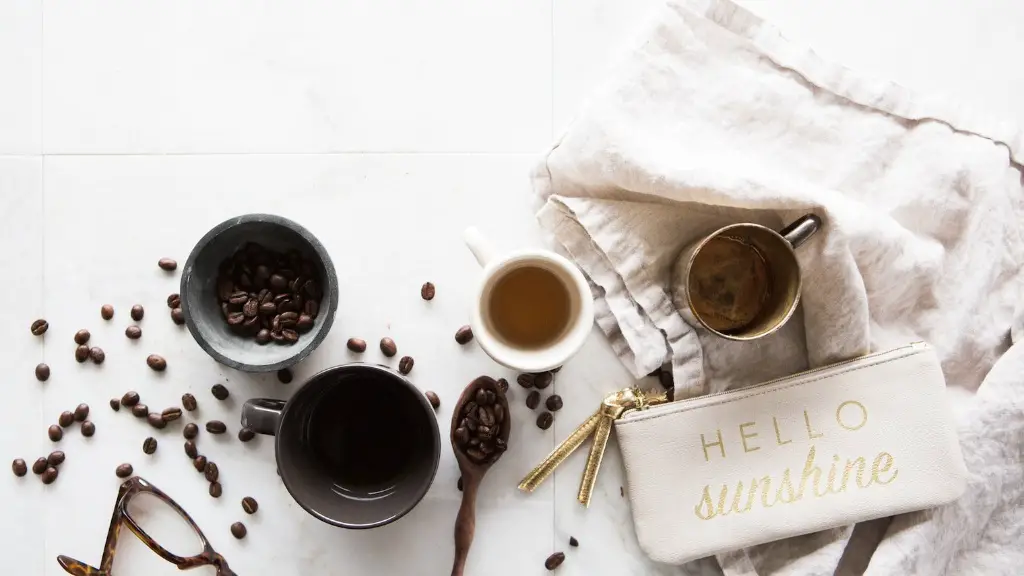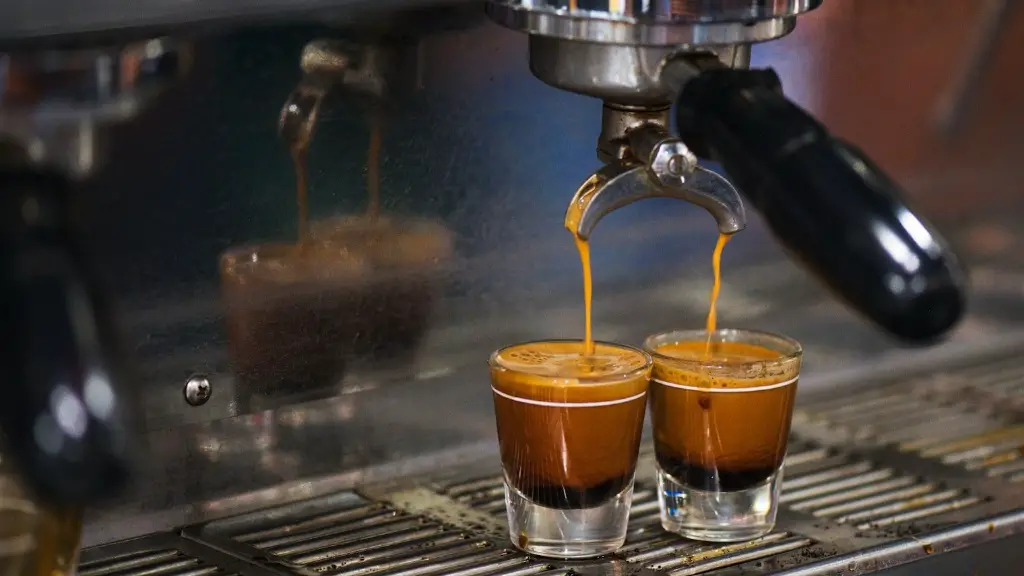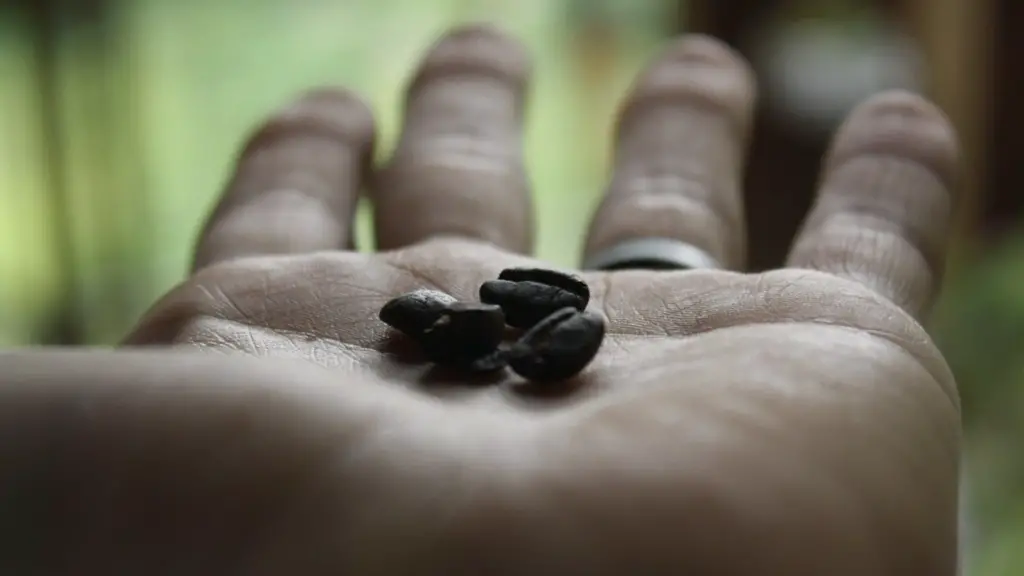Is It Bad To Drink Coffee If You Have Anxiety?
Anxiety is a condition that can take a toll on people mentally and physically. For some, anxiety related symptoms can be pervasive and interfere with day to day functioning. Coffee is a common tie that links us all together and has the potential to either provide a benefit or worsen existing symptoms.
According to the Anxiety and Depression Association of America (ADAA), it is estimated that over 40 million adults in the United States suffer from an anxiety disorder. Common symptoms associated with anxiety may include, but are not limited to excessive worry, fear, and racing thoughts. Other physical symptoms such as, feelings of restlessness, difficulty concentrating, and difficulty sleeping have also been reported.
Coffee contains caffeine, a mild stimulant that activates the nervous system and can affect the brain and body. It has the potential to both boost alertness in those with anxiety and aggravate the situation when consumed in excess. Caffeine is not known to directly cause anxiety, but it can instigate symptoms in pre-existing conditions.
Caffeine induces the body to produce more adrenaline and other stress hormones in the body. This can worsen the symptoms of anxiety, increasing feelings of restlessness, irritability, and difficulty sleeping. Excessive consumption of caffeine can lead to increased heart rate and blood pressure. For those susceptible to panic attacks, this elevation of hormones can cause the onset of one.
For some Coffee does not affect them in a negative manner, but for others it can exacerbate anxiety levels. Caffeinated drinks are not all at fault and a watery, bitter tasting alternatives exist. For instance, additional calming herbs such as chamomile, kava-kava, and passionflower exist to treat the symptoms of anxiety.
Chamomile is one of the most popular herbs used to promote relaxation and reduce stress. The active ingredients in chamomile are thought to attach to certain receptors in the brain, resulting in a calming effect. Traditional cultures have used it for centuries and have discovered various ways to make such as golden chamomile tea, known for its calming and relaxing qualities.
Kava is derived from the root of the kava plant and is known to help with feelings of stress, tension, and anxiety. It is known to reduce levels of cortisol, the “stress hormone”, in the body. The main active ingredients in kava, known as kavalactones, produce an anti-anxiety effect rather quickly.
A lesser-known herb, passionflower, is another herbal remedy for reducing anxiety. The active ingredients in passionflower is thought to act similarly to sedative drugs although there is not much research to back up this claim. Despite its potential benefits, there is not enough evidence to recommend its use for anxiety.
Is Coffee Better For Anxiety Or Worse?
The answer is subjective depending on the individual and the amount consumed. Caffeinated drinks are not to blame for all symptoms of anxiety, but it is worth monitoring if some symptoms flare up when consuming such drinks. Moderate amounts should not be a cause for concern, but over-consumption of coffee can leave one feeling more anxious.
Coffee should be an enjoyable experience and not something to worry about if one has anxiety. For this reason, it may be best to start off with a smaller quantity to observe one’s individual tolerance. If it is observed that coffee increases anxiety, reducing the amount consumed or opting for an alternative drink containing lesser amounts of caffeine can reduce the risk of worsening symptoms.
Should One Drink Coffee Or Avoid It?
If someone notices that coffee increases their anxiety levels, then it may be best to reduce or try an alternative. If it does not present a problem, then it can be a convenient way to get an energy boost. As with all food and drink, moderation should be key to keep anxiety at bay.
Everyone is different and managing anxiety can be a journey. If a person notices a rise in anxiety levels associated with drinking coffee, it is important to consider other remedies such as chamomile, kava-kava, and passionflower. If theses do not present any positive effects, speaking to a medical professional can help determine other forms of therapy and medication.
Caffeine Levels Of Popular Drinks
Keeping track of the amount of caffeine one takes in through their diet is beneficial. Many carbohydrates, whether they are in stick forms, powder, or liquid can contain high levels of caffeine. Popular drinks such as energy drinks and coffee, which are widespread and heavily marketed, are generally higher in caffeine.
Below is a basic guideline of the amount of caffeine found within various caffeinated products:
- Coffee – brewed, 8 ounce cup, 95 – 200 milligrams
- Espresso – single shot, 40 milligrams
- Tea – brewed, 8 ounce, 14 – 70 milligrams
- Soft drinks – 12 ounces, 24 – 46 milligrams
- Energy drinks – 8–16 ounces, 80 – 300 milligrams
Caffeine is a psychoactive stimulant, thus observing individual tolerance is key when managing anxiety. Generally, drinks containing lesser amounts of caffeine can be a safer alternative as this can reduce the risk of having a caffeine related reaction.
Effects Of Caffeine On Mental Health
Research suggests coffee consumption could be positively associated with improved cognitive function, reduced risk of depression and suicide, and increase in alertness and dopamine production. On the other hand, too much caffeine intake can lead to physical, mental, and physiological concerns. When consumed in excessive quantities, coffee can lead to increased levels of anxiety, insomnia, and increased heart rate amongst other concerns.
Excessive consumption of caffeine can lead to physiological changes, with this in mind, it is important to measure one’s consumption level. This can be done through setting daily limits on coffee consumption. Additionally, reducing the overall number of caffeine sources and experimenting with de-caffeinated drinks can help with regulating caffeine intake.
Caffeine Tolerance And Reduction
Caffeine addiction is an issue that many individuals struggle with. Over time it is possible to build up a tolerance which can lead to over-consumption. Individuals may need to increase their coffee intake for the same effects, leading to potential negative consequences.
It is possible to regulate tolerance levels and reduce caffeine intake through slowly tapering off from excessive coffee consumption. Through this, an individual can identify safer levels of caffeine to ensure that anxiety levels remain in check. Additionally, building healthier habits such as regular exercise, getting enough sleep, and mindful eating can also be beneficial in overall wellness.
Making Coffee A Part Of Well-Being
In conclusion, the effects of coffee on one’s mental health should be monitored and assessed on an individual basis. If it is observed that coffee increases anxiety levels, then limiting one’s intake could be a desirable option. Ultimately, making the right choices to stay in good health should take precedence.
Caffeine in moderation can be beneficial although excessive amounts should generally be avoided. Identifying and understanding the personal tolerance-ability to caffeine should also be considered and can help in deciding whether or not to incorporate coffee as part of one’s daily routine. Recognizing individual needs and health goals can lead to a more positive and healthier lifestyle.





